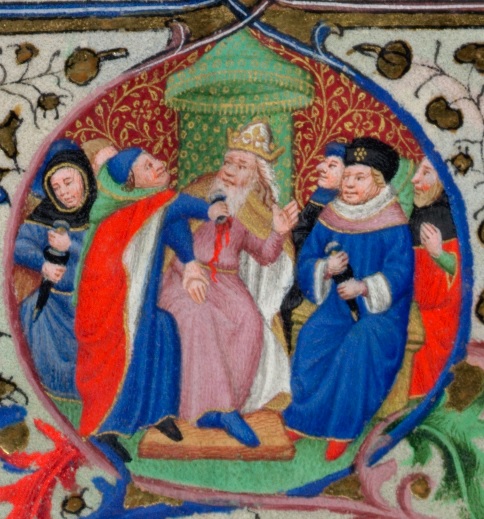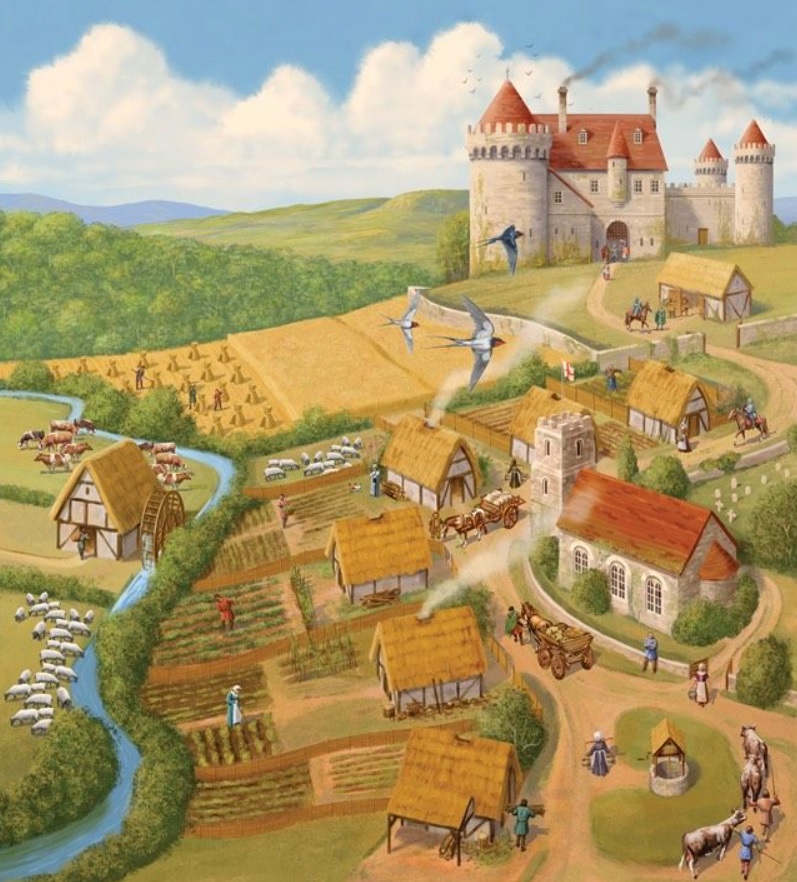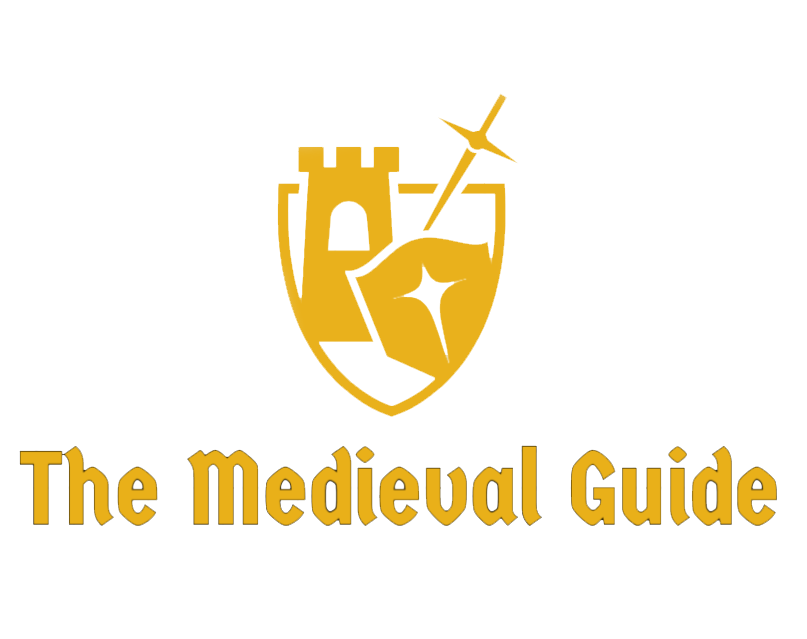During the Middle Ages, lords were influential figures who owned land and had control over those who lived on it. They were an important part of the feudal system, which was the main political and social structure in Europe at the time. Below are ten interesting facts about medieval lords.
-
Lords were a key part of the feudal system
The feudal system was a hierarchical social and political structure that was based on the exchange of land for military service. At the top of the feudal hierarchy was the king or queen, and below them were the nobles, who held large tracts of land and exercised authority over their subjects. Lords were the highest level of nobility beneath the monarch, and they held positions of power and influence within the feudal system.

-
Lords were often wealthy landowners
Lords were often wealthy landowners who held large tracts of land that they inherited or acquired through marriage or other means. Land was a primary source of wealth and power during the medieval period, and lords had the right to collect taxes and other forms of revenue from their tenants and subjects.
-
They had a variety of responsibilities
Lords had a variety of responsibilities within the feudal system, including the obligation to provide military service to the monarch and to defend their land and people in times of war. They were also expected to act as leaders within their communities and to serve as examples of moral and ethical behavior.
-
Lords lived in castles or manor houses
Lords often lived in grand castles or manor houses, which were often surrounded by walls or moats to protect them from attack. These structures were usually located in the center of the lord’s lands and were the hub of political, social, and economic activity within their domain.

-
Medieval Lords Employed a large number of servants
Lords often employed a large number of servants to take care of their daily needs, including cooking, cleaning, and caring for their horses and livestock. They often drew these servants from the lower classes and were not always treated well by their lords.
-
They were expected to be well-educated
One major expectation was that Lords had to be well-educated and knowledgeable in a variety of subjects, including literature, history, and politics. As such, they were often involved in cultural activities such as music, poetry, and theater, and they enjoyed hunting and other outdoor sports as a form of leisure.
-
Lords could hold courts and dispense justice
Lords had the authority to hold courts and make decisions on legal matters within their lands. They had the power to impose fines and punishments on their subjects and were responsible for keeping order and making sure that the laws and customs of their society were followed.

-
Lords had the right to collect taxes and other forms of revenue
Lords had the right to collect taxes and other forms of revenue from their tenants and subjects. This could include feudal dues, such as the obligation to provide military service or to work on the lord’s land, as well as other taxes and fees.
Related article: Did medieval Lords pay taxes?
-
They often engaged in political and military affairs
Lords frequently played an important role in political and military affairs and were expected to offer advice and assistance to the monarch. As a result, they often held positions of power and influence within the government and administration of the kingdom.
Related article: Medieval nobility duties and responsibilities
-
The lord-vassal relationship was central to the feudal system
The lord-vassal relationship was central to the feudal system, and it was based on a mutual exchange of obligations and responsibilities. The lord was expected to provide protection and support to their vassals, and in return, the vassals were expected to provide military service and other forms of support to their lord.
This system of reciprocal obligations helped to maintain order and stability within the feudal system, but it also often led to conflict and competition between lords and vassals.
Conclusion
In conclusion, lords were powerful figures who held land and exercised authority within the feudal system during the medieval period. They were often wealthy landowners who lived in grand castles or manor houses and had a variety of responsibilities, including providing military service and maintaining order within their domains.
Lords were also expected to be well-educated and involved in cultural activities, and they often played a significant role in political and military affairs. The lord-vassal relationship was central to the feudal system, and it was based on a mutual exchange of obligations and responsibilities.
